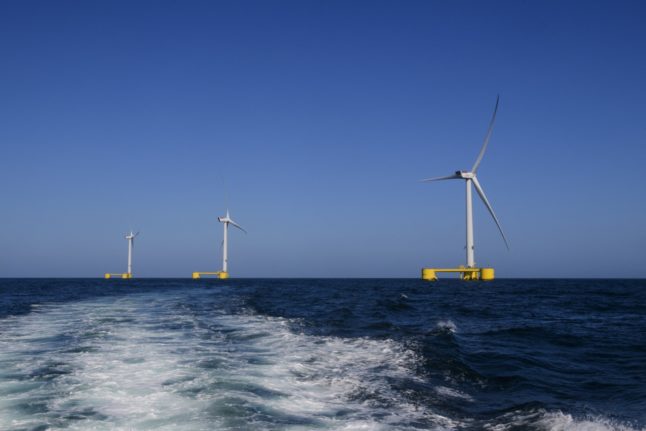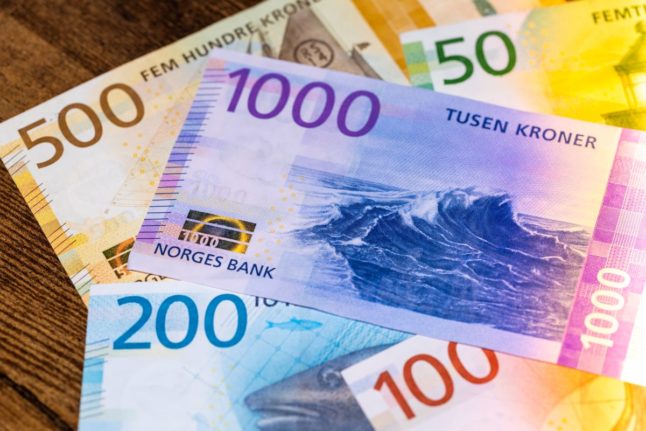Following two days of bidding, the joint venture Ventyr emerged as the winner to develop the planned 1,500 MW wind power farm in the Sorlige Nordsjo II field in the North Sea.
The completed auction is welcome news for Oslo, as doubts have surfaced about the willingness of industry players to commit to the project at a time when offshore wind projects suffer from high construction costs and interest rates.
The Sorlige Nordsjo II field is located far from the mainland in a deep-water area near the border to Danish waters.
“The first offshore wind auction has been a success”, Norway’s Minister of Energy Terje Aasland told a press conference.
Ventyr brings together Parkwind, owned by Japan’s Jera, and the investment arm of Ingka Group, the holding company controlling most of Ikea’s stores.
“I hope they will start as soon as possible,” Aasland said. Norway — Western Europe’s biggest producer of oil and gas — has set a target of awarding offshore wind power licenses equivalent to 30,000 MW by 2040.



 Please whitelist us to continue reading.
Please whitelist us to continue reading.
Member comments